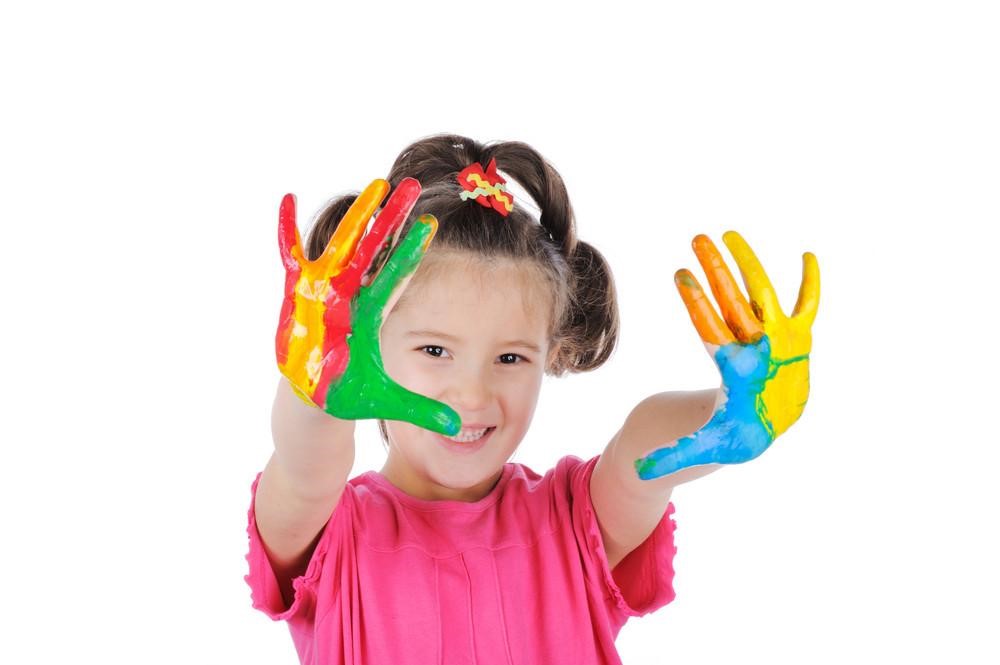Art education has long held a significant place in student development, offering a creative outlet that goes beyond the basic academic curriculum. Whether working with paints, pottery, photography, or digital design, students who engage in art classes and projects gain far more than the ability to create a beautiful piece. They develop a range of skills that serve them throughout their academic journey and into their adult lives. From enhancing problem-solving abilities to fostering resilience, the benefits of studying art are as varied as the art forms themselves.
Developing Problem-Solving and Critical-Thinking Skills
One of the key advantages of studying art is the development of strong problem-solving and critical-thinking skills. When young artists face a blank canvas or a block of clay, they must figure out how to transform these raw materials into a coherent, visually appealing piece. This process requires brainstorming ideas, experimenting with techniques, and making numerous revisions. Such creative problem-solving experiences help students become more adaptable, better able to tackle unexpected challenges, and more comfortable taking risks—qualities that benefit them in both academic and personal pursuits.
Encouraging Social and Emotional Growth
In addition to fostering cognitive skills, art education supports social and emotional development. Collaborating on a group mural, critiquing a classmate’s photography portfolio, or sharing a classroom studio space encourages empathy and cooperation. By working together, students learn to appreciate different perspectives, respect others’ contributions, and effectively communicate their own ideas. This capacity for constructive interaction and mutual understanding can have a lasting impact on how students engage with others in all areas of life.
Boosting Academic Achievement and Attendance
Another significant outcome of art education is improved academic performance. Engaging in creative subjects can profoundly influence students’ overall school success. For instance, those who study art are four times more likely to be recognized for academic achievement and three times more likely to be acknowledged for consistent attendance. By applying the precision and discipline learned in art to other subjects, students often excel academically across the board.
Enhancing Extracurricular Involvement and Leadership
Art encourages independence and self-confidence, enabling students to trust their instincts and showcase their unique talents. This sense of autonomy is not limited to the private studio or classroom—it extends to extracurricular activities and community involvement. In fact, according to Big Future, over 80% of adolescents aged 12-17 participate in at least one extracurricular activity. The skills gained through art—such as perseverance, time management, and creative thinking—can help them become more effective contributors and leaders in clubs, teams, and volunteer projects.
Bridging Diverse Educational Environments
Art education also has the potential to reach a diverse population of learners. Today’s classrooms include students from many backgrounds and educational settings. Some students attend public institutions, while others join the smaller demographic of private schools. According to studies, one child in ten enrolls in a private school. In this varied educational landscape, art serves as a universal form of expression that connects students across different academic traditions, encouraging inclusion and understanding.
Cultivating Discipline and Perseverance
Developing artistic skills requires sustained effort, patience, and attention to detail. From learning complex painting techniques to mastering sculpting tools, students must invest time and dedication. Over time, they see their hard work pay off, which reinforces a growth mindset and shows them that consistent effort can lead to remarkable progress. Such resilience is invaluable, serving them well in challenging academic areas and later on in their professional and personal endeavors.
A Foundation for Lifelong Growth
In a world driven by creativity and innovation, the merits of studying art cannot be overstated. The skills students gain—ranging from problem-solving and critical thinking to empathy, resilience, and independence—enrich every facet of their lives. By immersing themselves in the creative process, young people develop abilities that fuel their intellectual curiosity, strengthen their interpersonal connections, and empower them to make meaningful contributions in school and beyond.
